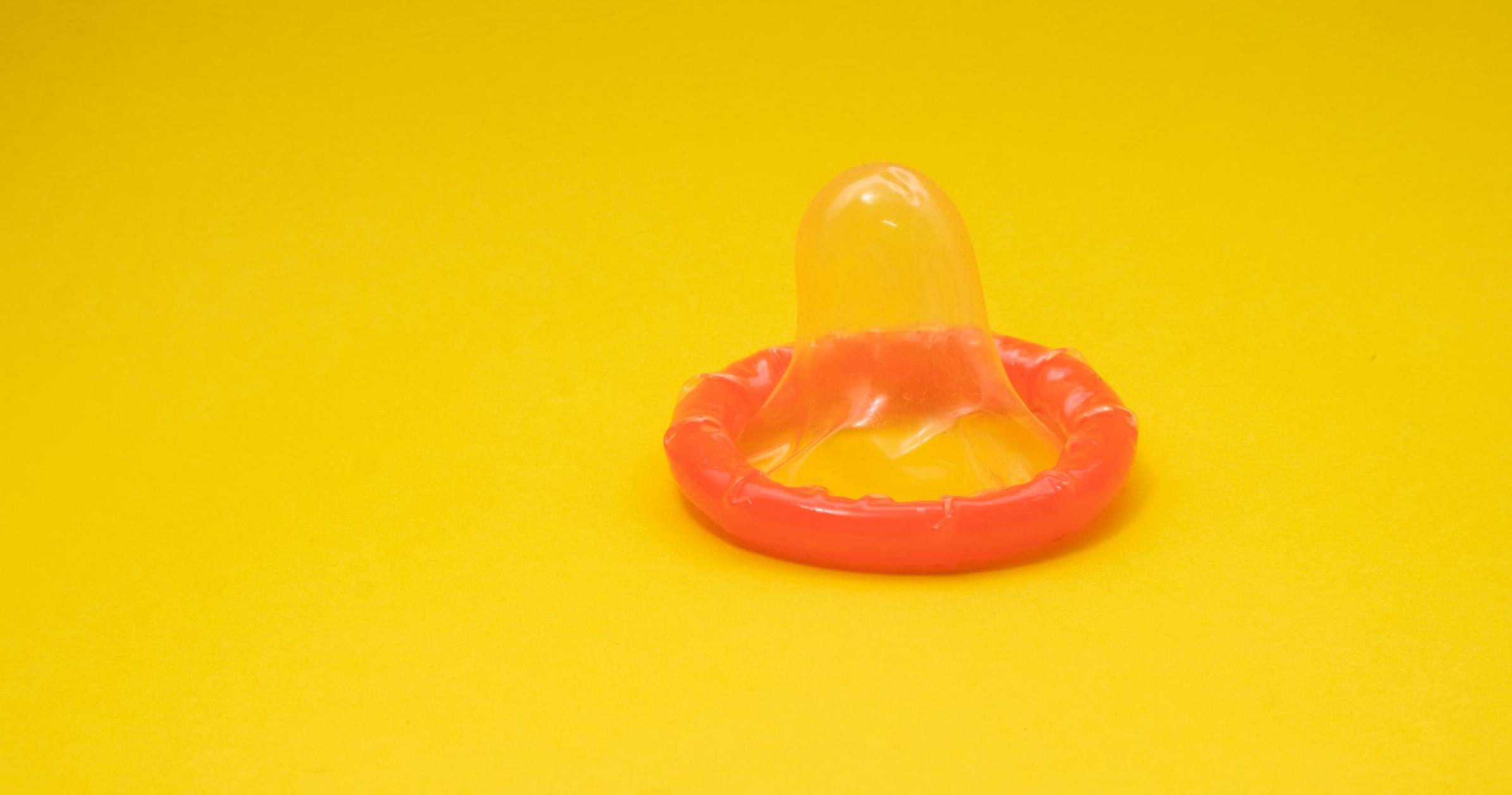Is it Really Okay to Skip Periods?

What's up with methods that let you skip your period?
A number of birth control methods hold the promise of lighter periods, fewer periods, or none at all—namely hormonal IUDs, the Depo-Provera shot the single-rod implant or continuous use of the pill or ring. To some of us, the idea of effective contraception and no periods sounds like menstrual nirvana. But for others there is a niggling worry: is it really okay to skip periods?
The short answer is yes, it’s definitely okay! If you think about it, there are several times in a woman’s life when it’s totally normal to have no period, not just as a girl or later in life, but also when pregnant or breastfeeding.
Why do we get periods in the first place? Periods are a coordinated effort between the brain, the ovaries, and the uterus (or womb). It takes teamwork from multiple hormones to pull it off, but the hormones estrogen and progesterone are the two main players. Women have periods if they’re healthy, releasing eggs from the ovaries regularly, and not pregnant or breastfeeding. Periods are the body’s way of getting ready for the next possible pregnancy. A uterus is ever optimistic that its owner is planning to get pregnant in the next few weeks!
How do birth control methods stop a period? The hormone estrogen builds up the lining of the uterus (the endometrium) that is shed every month during a period. The hormone progesterone keeps the lining of the uterus thin. The methods most likely to make your periods lighten or disappear contain progesterone and keep the lining of the uterus thin. Keeping the lining of the uterus thin is one of the ways these birth control methods protect against pregnancy; it’s also why women using these methods have lighter periods or no periods.
There’s a myth out there that not having a period is bad because women’s uteruses need to be cleaned out. But a uterus is not like a mouth—it can take care of itself under most circumstances, and it definitely does not like minty disinfectants.
If you’re using a method that stops your periods, how can you know for sure that you’re not pregnant? If you’re using an IUD or implant, the chances of pregnancy are extremely low (about 1 in 1,000). There are simple ways your health care provider can show you to make sure the method is working properly, so check with her if you’re worried. Peace of mind is important, so as you get used to a new birth control method, you can always take a pregnancy test or chat with your provider.
So to recap, using a method that lightens or stops your period is okay because:
- There is nothing in the uterus to clean out.
- Having a thin lining of the uterus is healthy and happens naturally at several times during a woman’s life.
- Many of these methods are extremely reliable, so you probably don’t need to worry about being pregnant if you’re using them correctly… But if you’re concerned, you can always take a pregnancy test.
Women who use the Mirena IUD or the shot are most likely to experience lighter and less frequent periods. Some women who use the implant or the Skyla IUD may also have lighter periods or no period. It’s also okay to use the pill or the ring continuously. With any of these methods, you may occasionally get some breakthrough spotting. If your periods are heavy, painful, or particularly annoying, the trade-off might be worth it!
Updated June 2019
Related Content


Provider Perspective
The Common Cold of the Sexually Active World: HPVLet’s talk HPV—causes, treatments, and prevention.

Provider Perspective
Skip the Pelvic, Please!What to expect when it’s time to visit your lady doctor. (It may just be a conversation.)

Provider Perspective
Does Being Overweight Affect Your Birth Control?When it comes to birth control and weight, not all methods are created equal...



















